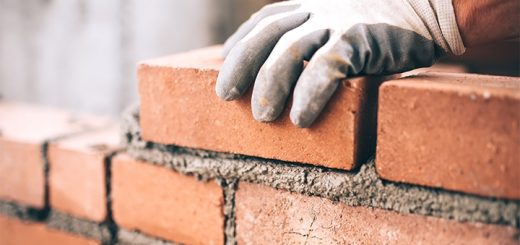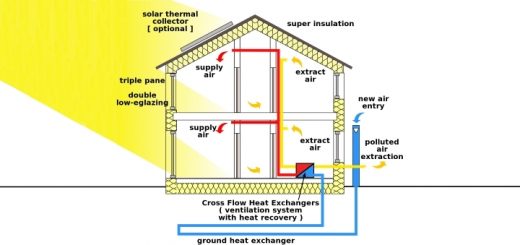What does the future hold for the UK construction industry?

Following the UK’s decision to leave the EU, there could be repercussions for the construction industry. People interested in property investment and those working in the industry are probably wondering what the future holds.
The construction industry faces many challenges ahead. Those who currently work in it will certainly be affected by future decisions brought on by Brexit. Recent analysis by specialists within the field expect the following changes, but they won’t happen overnight.
Here are a few ideas in the pipeline.
1. New type of workforce
At present, more older tradespeople are leaving and retiring from the construction industry than the number of workers replacing them; in other words, apprentices.
An ageing workforce and skills shortages aren’t good news, especially when the government looks like delivering a hard Brexit. The number of new recruits to the industry is a worry.
Changes are needed in training at all levels, which the government has suggested is mandatory to meet future skill requirements.
2. Next generation tools
There are always going to be better and more powerful tools. For the next generation, however, construction tools are going to be somewhat different.
The workforce is expected to shrink, and technology is leading the way with new software and hardware, such as exoskeletons.
Exoskeletons are devices that allow workers to get more efficiency out of their movements while also being able to lift, carry and pull more. This will reduce daily strain while providing an extra element of safety when on site.
Although these robots are still too expensive for most construction firms, they are more likely to be seen in the workplace within the next ten years or so. Changes will happen when the software is flawless, batteries are improved, and the price of exoskeletons reduces.
3. Modern methods of construction
Modern methods of construction (MMC) are being adopted across the UK. An increase in specialisms in off-site activities, and training in on-site activities, will be needed.
Skills such as assembling and installing complex components and equipment are needed to cope with demand.
We are going to witness more mechanical handling on-site as well as advance usage of computer-aided design. Needless to say, this will reduce the need for on-site trades like bricklayers and quantity surveyors.
Those involved in maintenance and repair roles don’t have to worry so much. Their jobs are more likely to be safe from MMC.
With the possibility of new materials growing in popularity and usage within construction, the workforce has to adapt. Builders, for instance, must read, understand and implement the instructions on packaging materials.
Training is the key, both in new build and for those working in repairs and maintenance.
4. Green construction
Green construction is set to rise, which is great news for the environment. This type of construction will help to reduce energy waste, and increase productivity and aesthetic standards, while establishing higher standards of living.
A sustainable green construction industry can be more beneficial in the long run. It is an option which has to be looked at more closely in the future by the government, including firms both large and small.
What do you think the future of construction in the UK might look like in the years ahead? Share your thoughts below.









